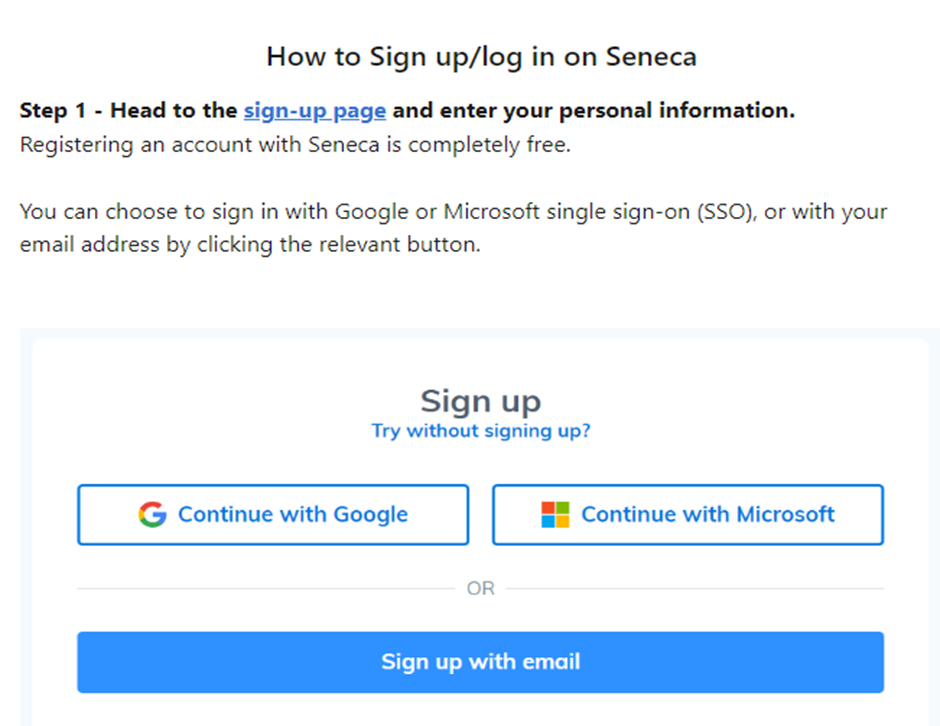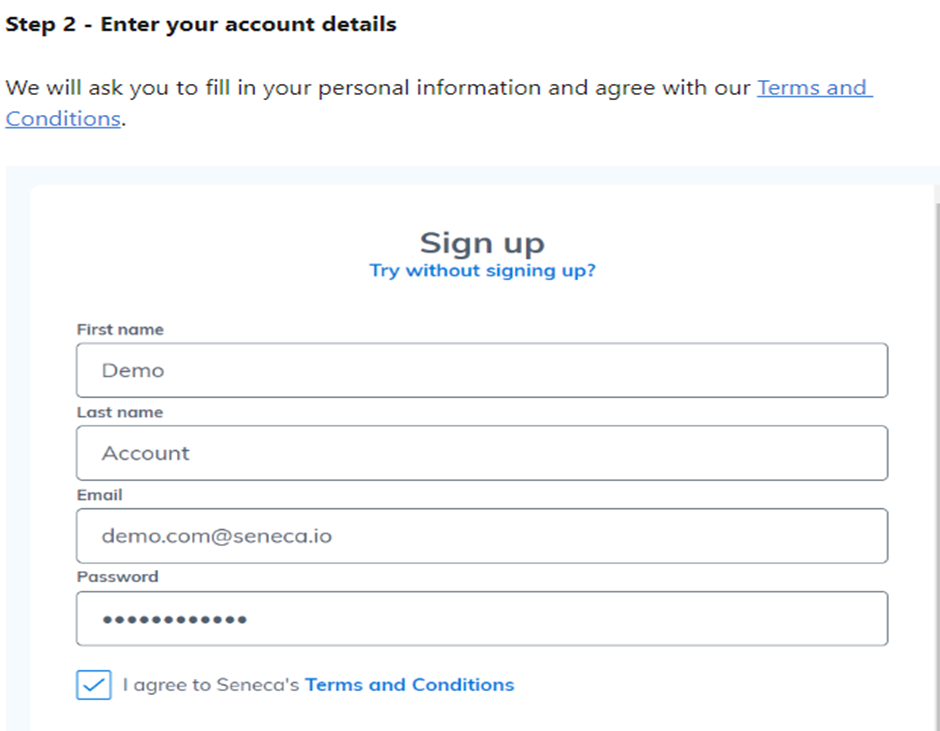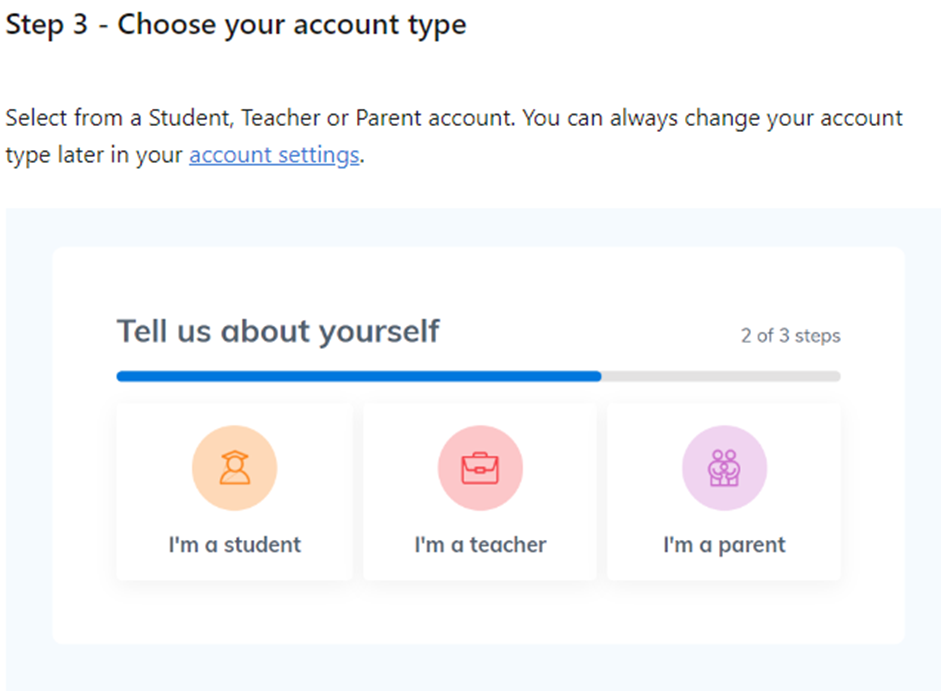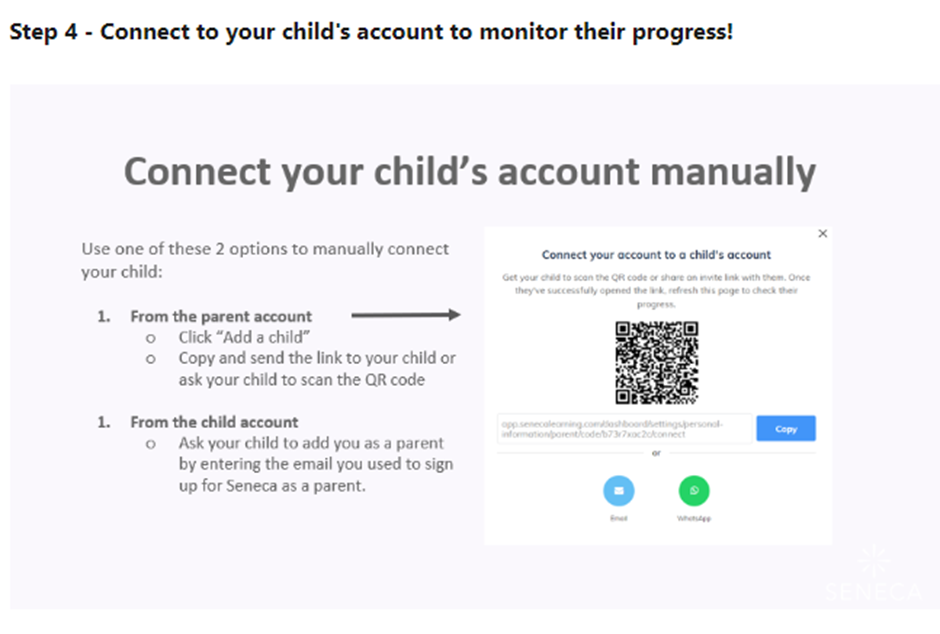Home Learning
Home Learning Summary
Homework plays a vital role in reinforcing learning, and research from the Education Endowment Foundation (EEF) shows that it can lead to improved academic outcomes, particularly when tasks are meaningful, manageable, and tailored to the needs of the students. EEF findings suggest that homework is most effective when it encourages independent learning, deepens understanding, and consolidates what has been taught in class. While shorter, more frequent homework tasks are generally better for younger students, older students benefit more from longer, focused assignments.
Students will be set Homework tasks to complete on Seneca each week. Seneca is an online learning platform and a short video on how to set up an account can be found here How a child can set up Seneca In KS3 students will receive 30-minute tasks to complete in English, Maths, Science, Geography, History and MFL. When students select their option subjects at KS4 this will increase to 40-minute tasks across each option subject that they study.
Parental involvement is key to success. EEF research highlights that parents can significantly enhance the effectiveness of homework by providing a supportive environment, showing interest in their child’s work, and helping to establish good study habits. However, rather than completing tasks for their children, parents should focus on encouraging effort, offering guidance when needed, and fostering a positive attitude toward learning. Parents can access the homework that their child has been set by setting up an account. How to sign up to Seneca as a parent? | Seneca Learning Help Centre
How can my child access Seneca?
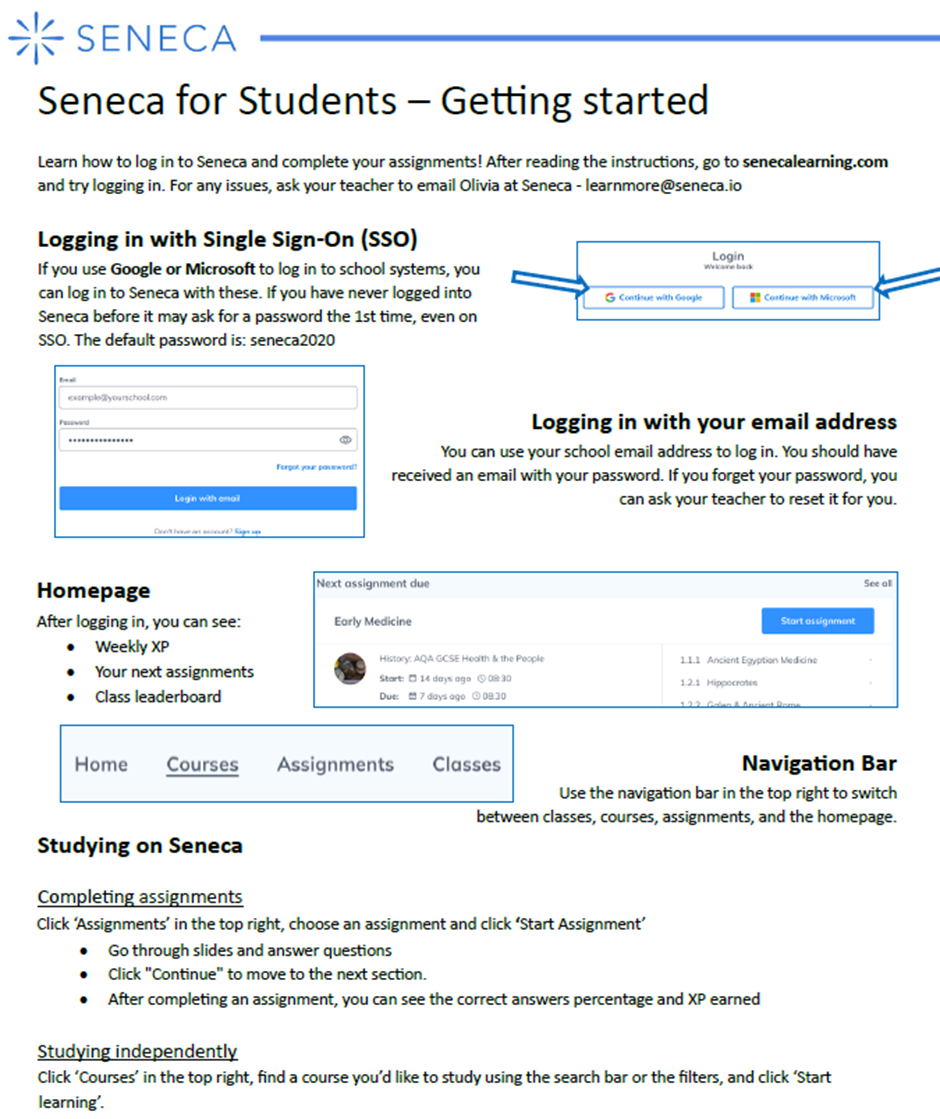
How can I see what Homework my child has got to complete?
